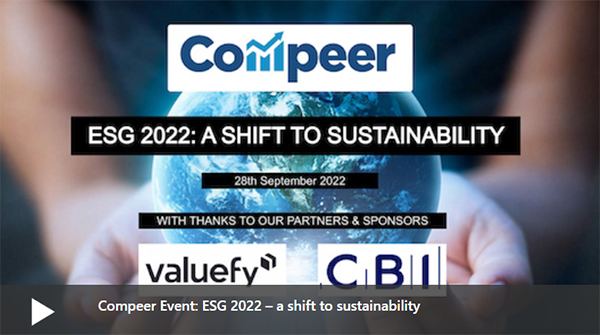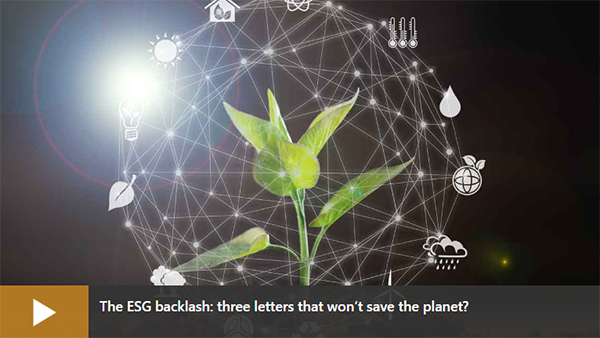The United Nations Climate Change Conference, Conference of the Parties (COP) has taken place every year since 1995. The COP27 summit in Egypt runs 7–18 November.
Egypt’s president, Abdel Fattah El-Sisi, has said he is seeking to ensure that “COP27 becomes the moment when the world moved from negotiation to implementation and where words were translated to actions.”
According to an article on euronews.green by Lottie Limb, “These two-week summits are an important space for world leaders, politicians, experts and a whole host of other people to discuss the climate crisis on a global level.”
Role of investors
The role played by investors is widely acknowledged to be critical in helping to meet environmental goals.
More than 500 institutional investors have urged governments meeting at COP27 to raise their climate ambitions, according to an article in Pensions&Investmentsby Hazel Bradford. The signatories to the global investor statement represent US$39tn in assets, she writes.
As part of five policy priorities in the statement, the group wants to ensure that “countries' targets to address global warming align properly”. It also wants governments to “mandate climate transition plans and more climate disclosure across the financial system”.
This will enable investors to compare companies more efficiently, explains Kirsten Spalding, senior programme director of Ceres Investor Network, who is quoted in the article.
Some CEOs absent
Certain leading financial sector figures will be absent from the COP27 summit, according to an article on energy and environment website E&E News by Sara Schonhardt.
Citing a story on Bloomberg, Schonhardt says that “major banks and asset managers, including BlackRock and Citigroup, are not planning to send their [chief executives] … Instead, they’ll be sending senior delegations”.
"But the absence of those chief executives may matter less at a time when action is more important than pledges, with the focus of this year’s conference on implementation,” she writes. She backs this up with a quote from Alok Sharma, former British official who was president of the 2021 summit, COP26, who says that it’s one thing to turn up, another to deliver on the commitments made.
Hundreds of businesses and investors attended COP26 in Glasgow. Top-level executives promised to act to curb their emissions. Many became part of the Glasgow Financial Alliance for Net Zero, or GFANZ, a coalition of financial firms worth about US$130tn in assets, writes Schonhardt.
Although that money is important in driving change, investors and the private sector are not part of the formal negotiating process that occurs at the annual climate conferences, she writes, adding that this November’s negotiations are expected to be more technical.
CISI education on sustainability
The CISI has been promoting an awareness of responsible and sustainable investing for several years. In 2021, the CISI launched an intermediate-level course covering these key areas. The course provides the knowledge and information to unravel the jargon for financial services practitioners.
The CISI Sustainable and Responsible Investment Professional Assessment is an online course requiring six hours of study. It includes definitions and terminology used, techniques for identifying greenwashing, and appropriate benchmarking strategies.
The CISI TV channel is another useful resource for those looking to explore this topic in more depth. James Brown, head of client services at Compeer, says in a webinar from September 2022 that it’s now a given for almost all wealth management firms to have some sort of ESG offering. He adds that clients are becoming more demanding in this area and goes on to discuss some of the ways in which wealth managers can address client needs.

Another webinar on the channel, also from September 2022, examines what it describes as a ‘backlash’ against ESG, noting increasing controversy over greenwashing – the practice of presenting a fund or an investment as having satisfied certain 'green' criteria, when it may not be more green than any other investment. It quotes The Economist observation that the three letters in ESG "won’t save the planet" and looks at the future of ESG, whether the ESG approach to investing still has legitimacy and whether environmentally concerned investors should consider a different approach
